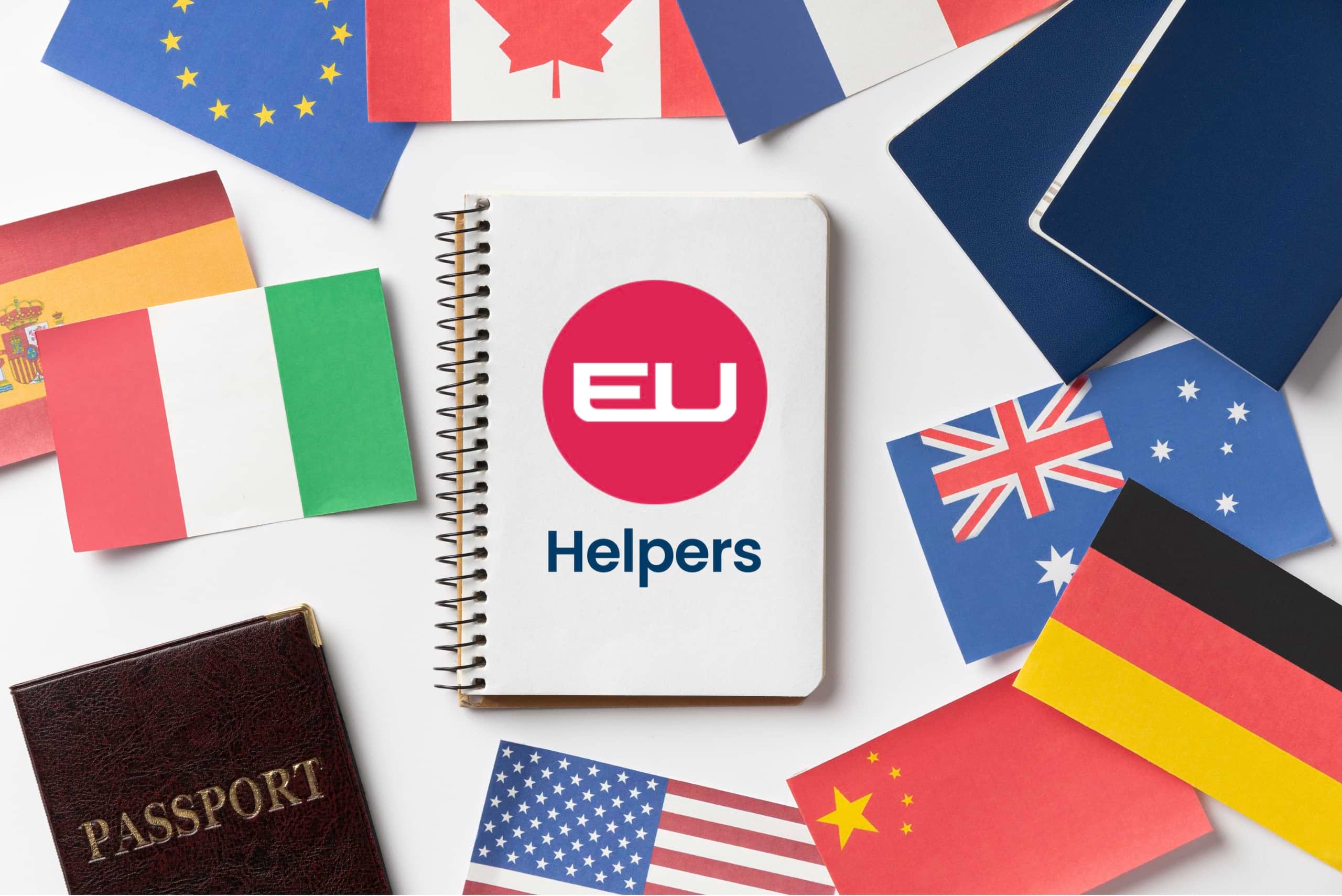Translation Services - Poland

Sworn translation in Poland refers to the translation of official documents, such as birth certificates, marriage certificates, academic records, contracts, and legal papers, by a sworn translator who is authorized by the Polish government to provide certified translations.
Sworn translators in Poland undergo a rigorous certification process and are registered with the Polish Ministry of Justice. They have the authority to translate documents accurately and faithfully, maintaining the same legal value and validity as the original documents. The sworn translator adds their stamp, signature, and a statement affirming the accuracy of the translation, making it legally recognized by authorities, institutions, and courts in Poland and abroad.
Sworn translations are essential for various official purposes, including visa applications, legal proceedings, business contracts, academic enrollments, and immigration processes. When dealing with any official documentation in Poland, especially in legal or administrative matters
Types of documents that often require sworn translation in Poland
- Birth Certificates: Official documents that provide information about a person's birth, including their name, date of birth, place of birth, and parent's names.
- Marriage Certificates: Documents that verify the legal union of a couple, including details of the marriage ceremony and the names of the spouses.
- Academic Transcripts: Records of a student's academic achievements, including grades, courses completed, and degrees obtained.
- Diplomas and Certificates: Official documents that attest to the completion of an educational program or a professional qualification.
- Legal Contracts: Various types of legal agreements, such as business contracts, partnership agreements, and sales contracts.
- Power of Attorney: A legal document that grants someone the authority to act on behalf of another person in specific matters.
- Wills and Testaments: Legal documents that express a person's wishes regarding the distribution of their assets after their death.
- Court Decisions and Judgments: Official documents issued by a court that determine the outcome of a legal case.
- Notarial Acts: Official acts performed by a notary public, such as certifications, authentications, and acknowledgments.
- Official Certifications: Any official documents issued by government authorities or public institutions that require translation.
- Immigration Documents: Documents related to visa applications, residence permits, and citizenship applications.
- Medical Reports and Certificates: Documents related to medical diagnoses, treatments, or certifications.
- Financial Statements: Official documents related to financial transactions, such as bank statements, balance sheets, and income statements.
- Patents and Trademarks: Legal documents related to intellectual property rights and protections.
- Employment Contracts: Agreements between employers and employees outlining terms and conditions of employment.
These are just a few examples, and there may be other documents that also require sworn translation depending on the specific circumstances and legal requirements.
Why are sworn translations important?
- Admissibility as Evidence: In court cases, documents presented as evidence must be accurate and verifiable. Sworn translations provide a legally recognized version of the original document, ensuring its admissibility in court.
- Maintaining the Integrity of Documents: Sworn translations maintain the integrity of the original documents during legal proceedings. They preserve the content, context, and nuances of the original text, ensuring that no crucial information is lost in translation.
- Compliance with Legal Standards: Adhere to specific legal standards and requirements set by the authorities, ensuring that the translated documents meet the necessary legal criteria for acceptance in court.
- Certification by Authorized Translators: Sworn translations are carried out by translators who are certified and authorized by the relevant government body. Their certification verifies the accuracy and authenticity of the translated documents.
- Avoiding Legal Pitfalls: Inaccurate translations can lead to misunderstandings, misinterpretations, or even legal repercussions. It help mitigate the risk of errors that could adversely affect legal proceedings.
- Communication with Non-Native Speakers: In cases where parties involved in legal proceedings do not speak the language of the original documents, It bridge the language barrier, enabling effective communication and understanding.
- International Cases: Cross-border legal cases involving parties or documents in different languages. They enable courts and legal professionals from different countries to access the same information accurately.
- Expedite Legal Procedures: Facilitate the efficiency of legal procedures, saving time and resources by providing accessible and comprehensive translated documents for all parties involved.
- Authenticating Foreign Documents: In administrative matters, such as visa applications or immigration procedures, foreign documents must often be translated into the local language through sworn translation to be legally recognized and accepted by the authorities.
- Protecting Rights and Interests: Ensure that all parties involved in legal proceedings can fully understand the content and implications of the documents, protecting their rights and interests throughout the legal process.
